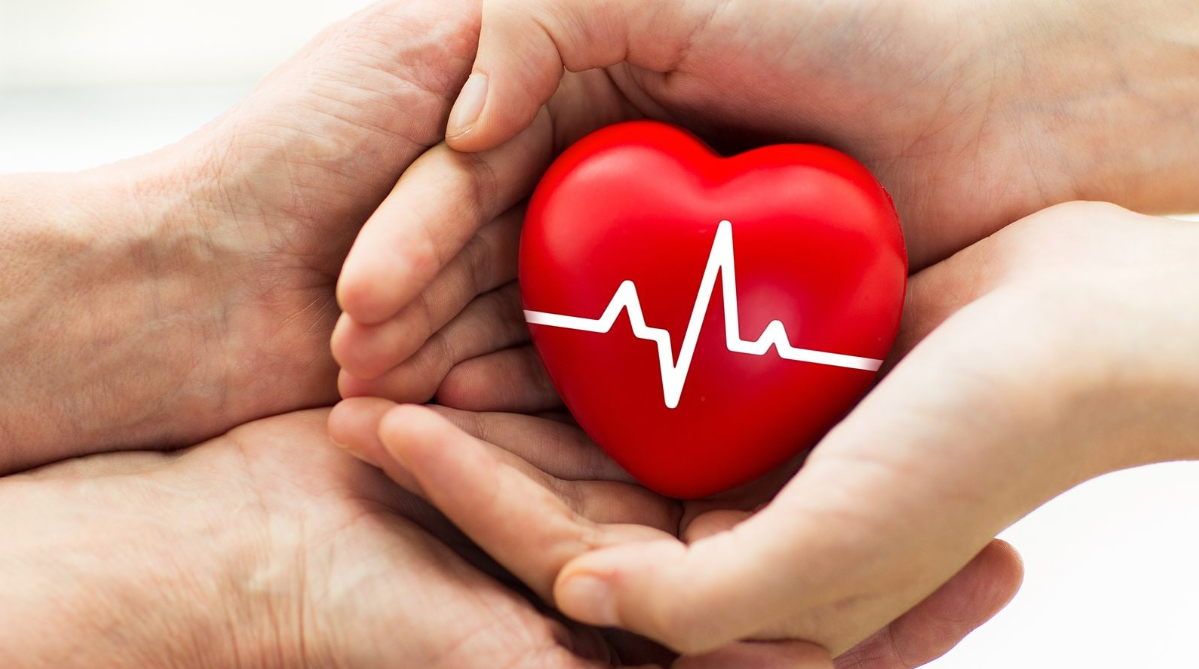
Health minister Pankaj Kumar Singh formally proposed the formation of a dedicated Delhi State Organ and Tissue Transplant Organisation (SOTTO) to address the growing mismatch between organ demand and availability.
The proposal comes ahead of National Organ Donation Day on August 3, observed annually to raise awareness and encourage people to pledge their organs. Singh said the occasion underscores the urgency of building robust systems that make it easier for families to donate organs.
In a letter to Union health minister JP Nadda, Singh highlighted that Delhi – home to premier tertiary hospitals and a referral hub for the northern region – urgently needed SOTTO. At present, the city lacks a state-level transplant coordination body, which experts say hinders effective organ retrieval and allocation, especially from deceased donors. While Delhi accounted for over 4,400 transplants in 2023, only a small fraction was from deceased donors. A dedicated SOTTO is expected to improve organ registry updates, strengthen hospital coordination, and facilitate faster matching of organs with recipients.
Singh said the health department, in coordination with Indian government’s Directorate General of Health Services, has already taken proactive steps to build infrastructure and deploy trained personnel. “The proposal was submitted in accordance with the Transplantation of Human Organs and Tissues Act (THOTA), and we are ready to operationalise SOTTO at a suitable location,” he wrote to Nadda.
Speaking to TOI, the minister said streamlining transplants through the local SOTTO would reduce preventable deaths caused by delays. “A state-level body can improve awareness, counselling, retrieval and allocation, particularly for deceased donations.”
The letter added that the initiative would mark a significant milestone for the organ donation movement in Delhi and build public and stakeholder trust in ethical, transparent transplantation services.
Dr Satyajit Kumar, state nodal officer for the THOTA cell, said the priority was to boost deceased organ transplants. “One deceased donor can save up to eight people,” he said. “Living donations are limited, so we must strengthen brain death identification, train hospital staff, simplify legal procedures and honour donor families. Public awareness campaigns and better hospital systems are key.”

